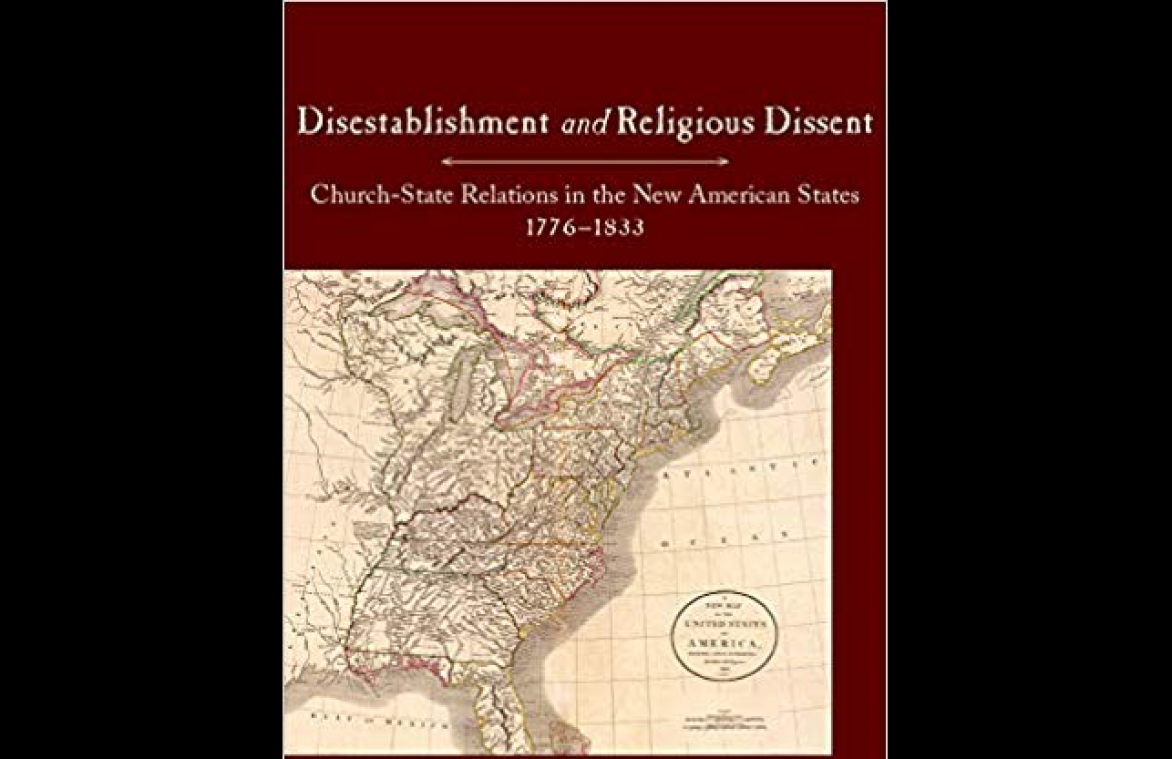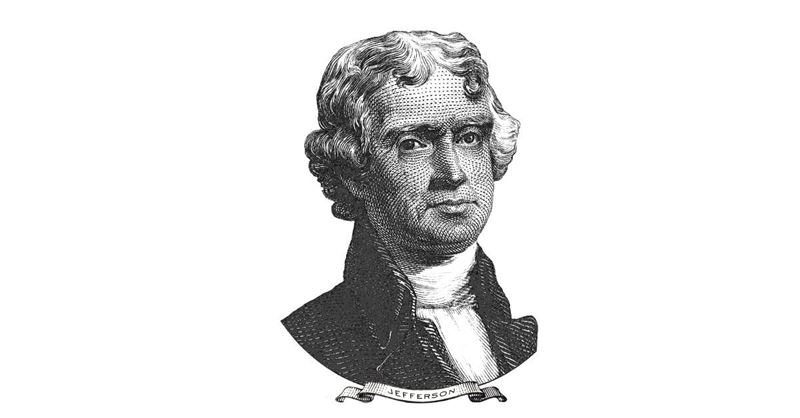Dante
"The Libido for the Ugly"
You need special glasses to be able to read it. The special glasses are called Faith. With Faith you will see it all.How many times are you mentioned in it as an authority?
Follow along with the video below to see how to install our site as a web app on your home screen.
Note: This feature may not be available in some browsers.
You need special glasses to be able to read it. The special glasses are called Faith. With Faith you will see it all.How many times are you mentioned in it as an authority?
Good gawd!Mostly he was denouncing Catholicism, not 'Christianity', hence the use of the term 'priests'; the evangelicals had no 'preists', and Jefferson in fact numbered many ministers and pastors among his friends and supporters. It was evangelicals who got him elected VP and then Prez. You shouldn't have dropped out of 5th grade.
I am not familiar with that book but I have studied the history. That people were religious is one thing. That some religious rules lingered into the 19th Century is one thing. That any state was a little theocracy is something else again.This part is incorrect. Connecticut and Massachusetts didn't dis-establish theirs until well into the 19th century, and not due to any Federal law or Supreme Court ruling.

New book traces religious disestablishment in American states from 1776 to 1883
The new book, Disestablishment and Religious Dissent: Church-State Relations in the New American States, 1776-1833, outlines what drove disestablishment of religion in the original 13 states and other early states and territories, challenging conventional wisdom about the causes, writes...firstamendment.mtsu.edu
Although Massachusetts was the last of the original 13 states officially to disestablish its churches in 1833, the essays in this book reveal that even after states ended such establishments, they often continued to require test oaths and otherwise aided Protestant religion.
This is a more accurate assessment of the history of disestablishment:
....
Editors believe disestablishment reflected religious pluralism of the day, not hostility to religion
The editors’ fourth finding attributes the support for disestablishment as coming primarily from dissenting Protestants whose stance grew from their interpretations of Scripture and represented the increasing religious pluralism of the day. Far from those who think that the aim of disestablishment was to create a “godless” constitution, the editors believe that such origins “depress claims that disestablishment was forged out of government indifference to religion, or even hostility to it” (p. 12). Dissenters did not anticipate that separation of church and state would require separation of “religion and politics” (p. 12).
Those evil evangelicals like Baptists and Methodists of the First and Second Great Awakenings are the main culprits advocating the establishment clause and later in the states themselves, not the Constitution and the Supreme Court.
Mostly he was denouncing Catholicism, not 'Christianity',
Mostly he was denouncing Catholicism, not 'Christianity',
I am not familiar with that book but I have studied the history. That people were religious is one thing. That some religious rules lingered into the 19th Century is one thing. That any state was a little theocracy is something else again.
What does this mean to you?
“That Jesus did not mean to impose himself on mankind as the son of God, physically speaking, I have been convinced.” – letter to William Short, August 4, 1820
“The day will come when the mystical generation of Jesus, by the supreme being as his father in the womb of a virgin, will be classed with the fable of the generation of Minerva in the brain of Jupiter.” – letter to John Adams, April 11, 1823
Zone1 - Separation of Church and State?
What is a Christian to you?So find all this evidence Jefferson ever said he wasn't a Christian.
What is a Christian to you?

So find all this evidence Jefferson ever said he wasn't a Christian

So you couldn't find anything. Okay, I already knew you wouldn't.
For the Peanut Gallery, here is an essay covering both claims that might of interest.

Did America Have a Christian Founding?
Abstract: Did America have a Christian Founding? This disputed question, far from being only of historical interest, has important implications for how we conceive of the role of religion in the American republic. Mark David Hall begins by considering two popular answers to the query—“Of course...www.heritage.org
Why don’t you answer the simple question. What is a Christian to you?So you couldn't find anything.
Then you are contradicting yourself in what you posted in Post #551.Never said they were 'theocracies' ; in those days most education was in the hands of churches, so some states and cities and counties granted them tax authority, and to certain sects that were already running schools and colleges. The fact is the Establishment clause didn't apply to the states. They were dis-established by changing demographics and voters in their own states, not the Feds or the Supreme Court.
Having an established religion performing some function in a state is not the same thing as a theocracy. England was never a theocracy, Denmark still has an established state religion, it isn't a theocracy, etc.Then you are contradicting yourself in what you posted in Post #551.
Why don’t you answer the simple question. What is a Christian to you?
You provided a link where the writer you picked told you Jefferson was not a Christian.Why not just accept the fact your claims are garbage and you have nothing?
You provided a link where the writer Jefferson was not a Christian.
If you are right, why not answer the question
Why don’t you answer the simple question. What is a Christian to you?
Having unorthodox Christian beliefs was as common as dirt in the colonies. That isn't 'atheism' or 'Deism'
Frauds Tucker and Laura distance from T 201130 {post•135} NotfooledbyW Churching of America : Membership In America Percentage of population that belongs to a church: 1776 17% 1850 34% 1860 37% 1870 35% 1890 45% 1906 51% 1916 53% 1926 56% 1952 59% 1980 62% 1995 65% * *Estimated. Source: "The Churching of America: 1776-1990" by Roger Finke and Rodney Stark and Gallup Organization data“ •••• nfbw 201130 Vftald00135